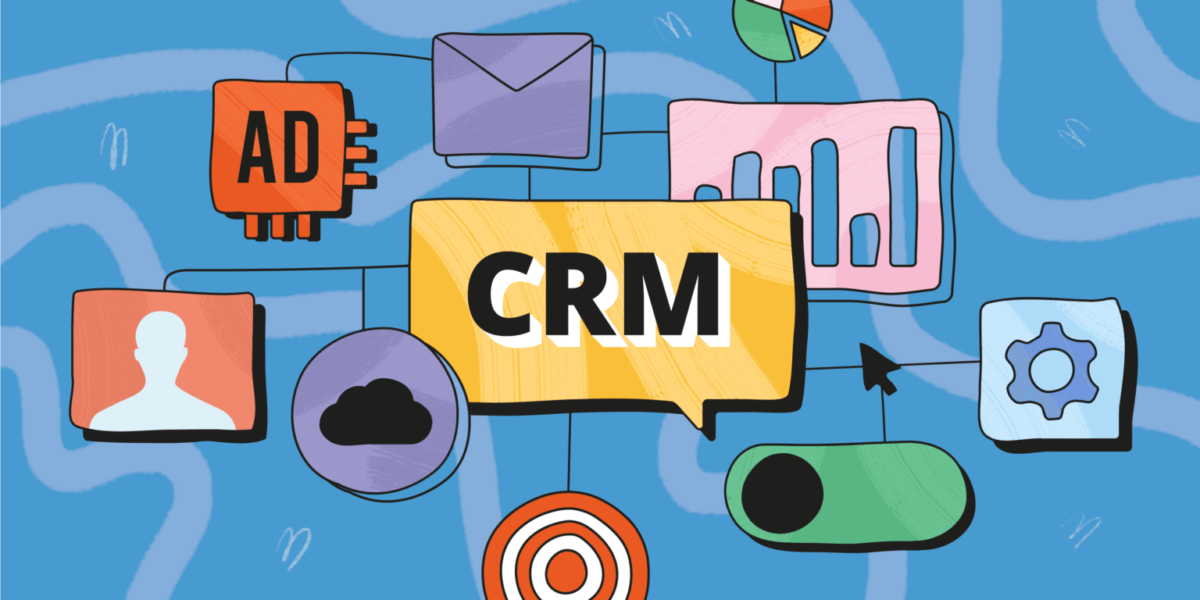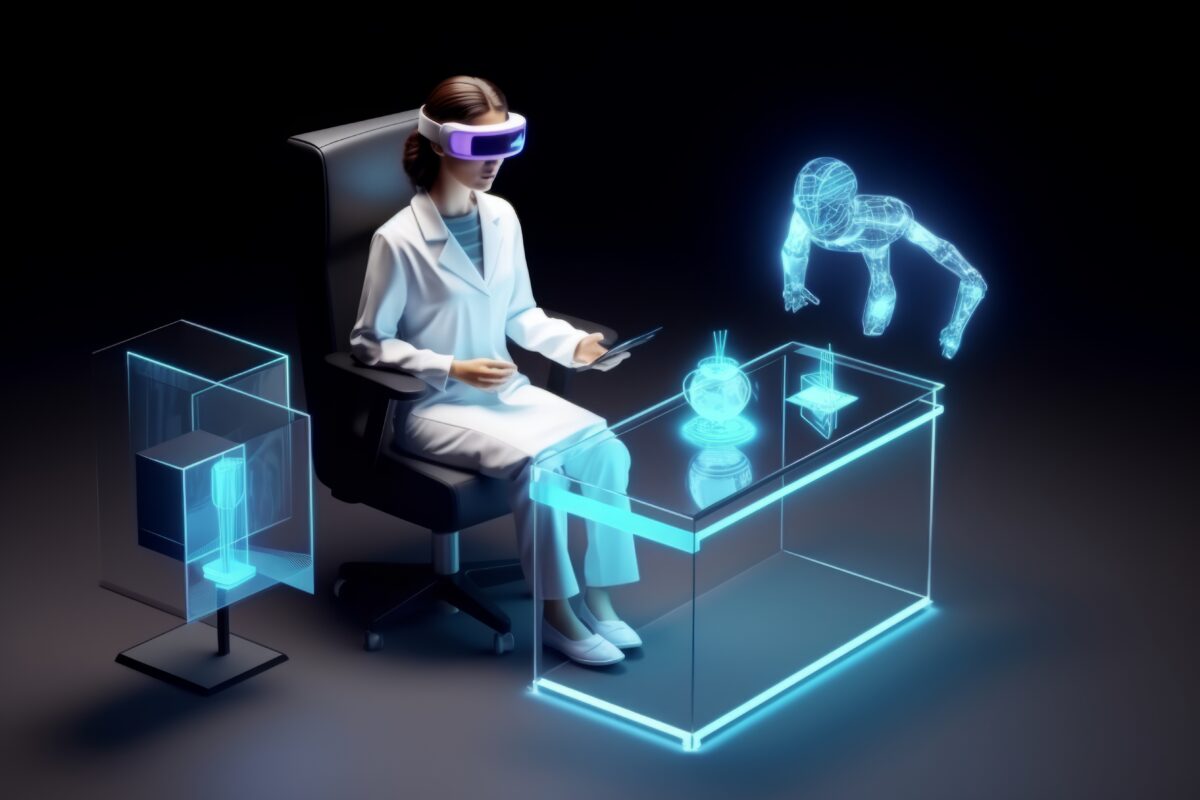In today’s hyper-connected business landscape, effective customer relationship management (CRM) is more critical than ever. As businesses strive to meet evolving customer expectations, CRM software trends play a pivotal role in shaping the future. Let’s explore the key trends that are redefining CRM and how they impact businesses worldwide.

Continued Expansion for the CRM Platform Market
The CRM platform market is experiencing rapid growth. Businesses are increasingly adopting CRM technology to enhance customer interactions, streamline processes, and gain a competitive edge.
Using CRM to Gain a Deeper Understanding of Customers
CRM systems are no longer just repositories for contact information. They now serve as powerful tools for understanding customer behavior, preferences, and sentiments.
Connecting All Business Aspects to CRM
Integration is key. Modern CRM solutions seamlessly connect with other business tools, such as marketing automation, sales analytics, and customer support platforms.
All Teams Will Rely on CRM Tools
CRM is no longer limited to sales and marketing teams. In 2024, expect all departments—whether it’s finance, HR, or operations—to leverage CRM tools.
CRM’s Growing Role in Customer Experience
Customer experience (CX) is at the forefront of business strategies. CRM plays a pivotal role in delivering exceptional CX.
The Rise of Channel-less CRM
Customers interact with businesses across multiple channels—social media, email, chat, phone, and more. Channel-less CRM integrates these touchpoints, allowing businesses to provide consistent service regardless of the communication channel.
Social CRM Continues to Grow
Social media is a powerful platform for customer engagement. Social CRM combines social media data with traditional CRM functionality.
Embracing Artificial Intelligence (AI) and Machine Learning
(ML) AI and ML technologies are revolutionizing CRM by enabling predictive analytics, automated processes, and personalized recommendations. With AI-powered catboats, virtual assistants, and predictive modeling, businesses can anticipate customer needs, automate routine tasks, and deliver hyper-personalized experiences at scale. As AI continues to advance, expect to see greater integration of these technologies into CRM systems, further enhancing efficiency and driving business growth.
Focus on Data Privacy and Security
With increasing concerns about data privacy and security, businesses must prioritize robust data protection measures within their CRM systems. Compliance with regulations such as GDPR and CCPA is non-negotiable. Expect CRM software vendors to invest heavily in enhancing data encryption, access controls, and compliance features to safeguard customer information and maintain trust.
Mobile-First CRM Solutions
In an era where mobile devices dominate our daily lives, mobile-first CRM solutions are becoming indispensable. Employees need access to CRM data and functionality on the go, whether they’re in the office, on-site with clients, or working remotely. Expect CRM vendors to prioritize mobile optimization, intuitive user interfaces, and offline capabilities to ensure seamless access and productivity across devices.
Enhanced Customer Self-Service Options
As customer expectations for instant support and self-service options continue to rise, CRM systems are evolving to accommodate these demands. Expect to see increased emphasis on self-service portals, knowledge bases, and AI-powered catboats that empower customers to find answers and resolve issues independently. By offering efficient self-service options, businesses can improve customer satisfaction and reduce support costs.
Sustainability and Corporate Social Responsibility (CSR)
Integration in an increasingly socially conscious world, businesses are aligning their CRM strategies with sustainability and CSR initiatives. Expect CRM systems to incorporate features for tracking and analyzing environmental impact, ethical sourcing practices, and community engagement efforts. By integrating sustainability metrics into CRM platforms, businesses can demonstrate their commitment to responsible business practices and appeal to environmentally conscious customers.
Enhanced Personalization
through Customer Data Platforms (CDPs) Customer Data Platforms (CDPs) are gaining prominence as powerful tools for aggregating, analyzing, and activating customer data from various sources. By integrating CDPs with CRM systems, businesses can create comprehensive customer profiles that enable hyper-targeted personalization across marketing, sales, and customer service channels. Expect to see increased adoption of CDP-CRM integration to deliver more relevant and timely interactions that resonate with individual customer preferences and behaviors.
Voice-Enabled CRM Interfaces
With the proliferation of voice-activated devices and virtual assistants, voice-enabled CRM interfaces are emerging as a convenient and efficient way for users to interact with CRM systems. Voice commands allow users to perform tasks, retrieve information, and create records hands-free, enhancing productivity and accessibility. Expect CRM vendors to invest in voice recognition technology and develop voice-enabled features that streamline user workflows and improve user experience.
Blockchain Integration
for Data Transparency and Security Block chain technology holds promise for enhancing data transparency, security, and trust within CRM systems. By leveraging block chain’s decentralized ledger technology, businesses can ensure the integrity and immutability of customer data, track data lineage, and facilitate secure transactions and interactions. Expect to see CRM platforms exploring block chain integration to address concerns related to data authenticity, auditability, and privacy, particularly in industries with stringent regulatory requirements such as finance and healthcare.
Real-Time Customer Feedback and Sentiment Analysis
Real-time customer feedback mechanisms and sentiment analysis tools are becoming integral components of CRM systems, enabling businesses to capture, analyze, and act upon customer sentiments and preferences in the moment. By leveraging sentiment analysis algorithms and natural language processing (NLP) techniques, businesses can gain valuable insights into customer perceptions, emotions, and intent, allowing for timely response and proactive engagement. Expect CRM platforms to incorporate advanced analytics capabilities for real-time feedback analysis, enabling organizations to continuously monitor customer sentiment and adapt their strategies accordingly.
Augmented Reality (AR)
and Virtual Reality (VR) for Enhanced Customer Engagement Augmented Reality (AR) and Virtual Reality (VR) technologies are reshaping customer engagement by providing immersive and interactive experiences. In the realm of CRM, AR and VR applications can enable virtual product demonstrations, interactive product configurators, and virtual showroom experiences, enhancing customer engagement and facilitating informed purchasing decisions. Expect CRM solutions to integrate AR and VR capabilities to create compelling and memorable experiences that drive customer satisfaction and loyalty, particularly in industries such as retail, automotive, and real estate.
Conclusion:
Navigating the CRM Landscape As businesses embrace digital transformation, CRM software trends will continue to evolve. Whether it’s AI-driven insights, mobile capabilities, or self-service options, staying informed about CRM trends is essential.



